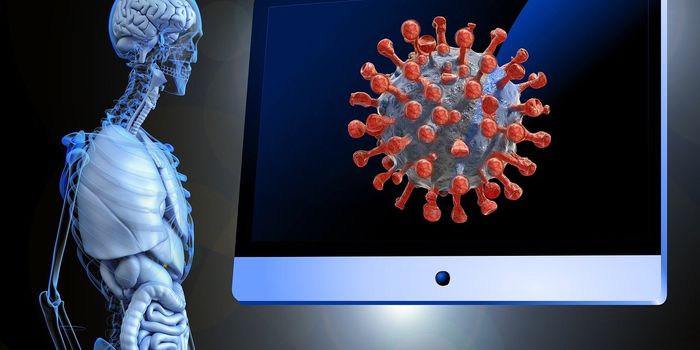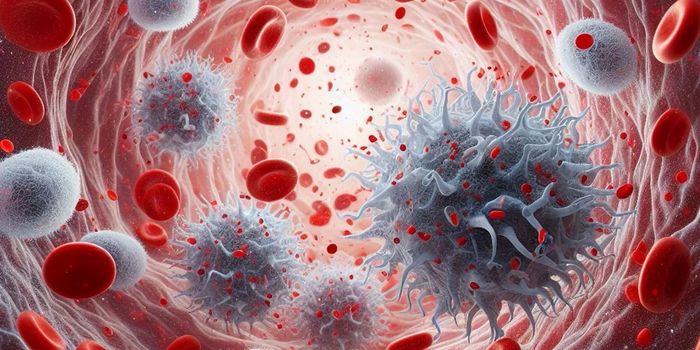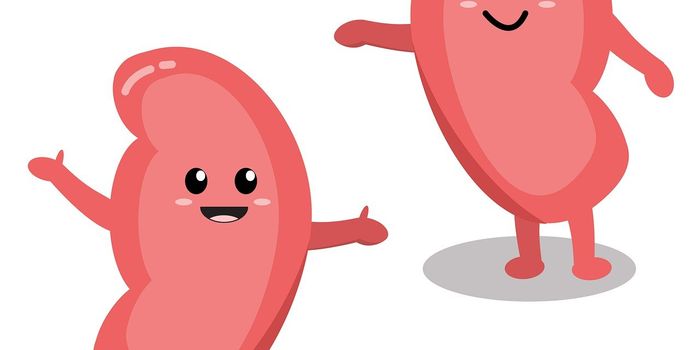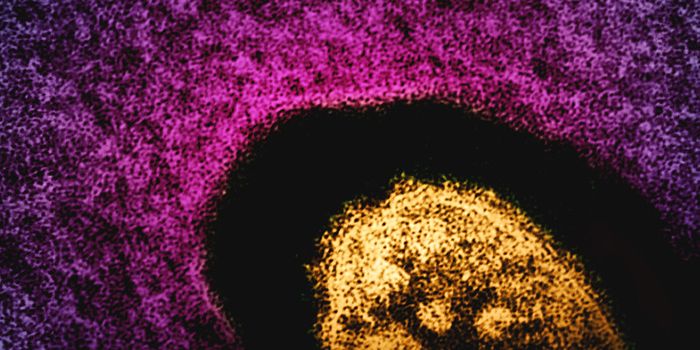Another HIV vaccine attempt fizzles out
Years of work and over $100 million in study costs have been abandoned after an HIV-vaccine tested in South Africa failed to protect treated individuals against HIV infections.
Over 5000 uninfected adults had enrolled in the study, with half receiving a shot of the vaccine and the other half being injected with a placebo. Much to the dismay of the study’s researchers, a routine safety and efficacy check-in revealed extremely disappointing results: 129 people from the vaccinated group and 123 from the placebo-treated population were found to be HIV-positive.
On receiving these shocking results, President of the South African Medical Research Council (MRC) and study chair, Glenda Gray said, “I was catatonic.”
The research, partly funded by the Bill & Melinda Gates Foundation, was part of ongoing efforts to try to curb South Africa’s HIV epidemic that has been spiraling out of control. Over 20 percent of the world’s HIV-infected populations reside in South Africa, where an effective vaccine would have been instrumental in limiting the spread of the virus. “The epidemic is out of control here and we have to take steps to have a biomedical intervention,” said Gray.
This setback comes after a similar study in Thailand, conducted in 2009, also showed discouraging levels of protection. With an efficacy rate of just over 30 percent, researchers and drug developers were divided on whether to pursue the commercialization of the vaccine.
To date, a major knowledge gap exists in both our understanding of the molecular immune pathways activated during HIV infection which have hampered researchers’ race to develop vaccines. Some lab-tested strategies have used neutralizing antibodies to thwart HIV infections, but in human trials, these have been hit or miss.
Two more HIV vaccine trials are set to deliver results in the next few years. However, with the track record of vaccination failures, global health organizations are pinning their hopes on other preventative and therapeutic measures to address the global HIV crisis.
Source: Science.









